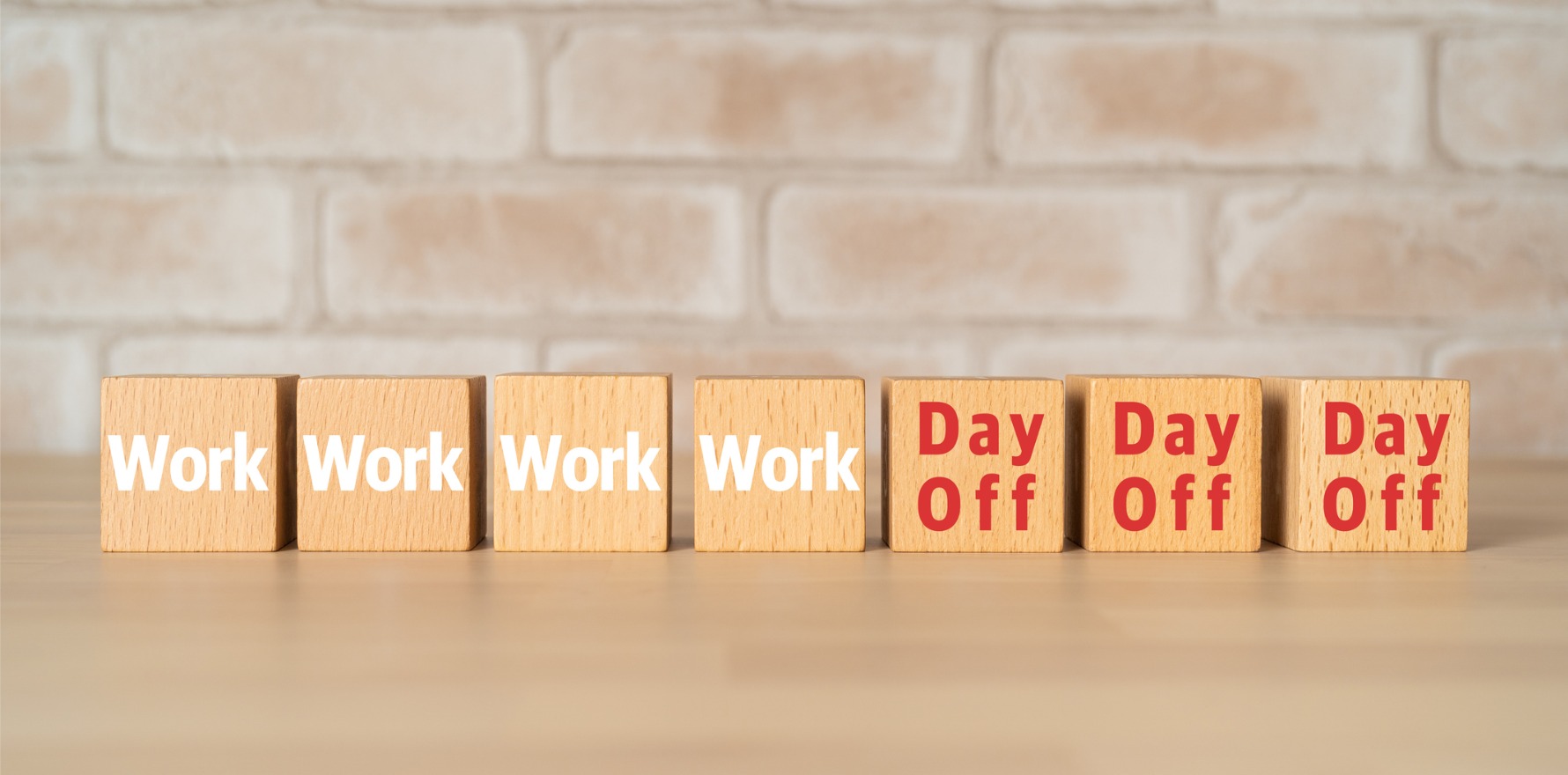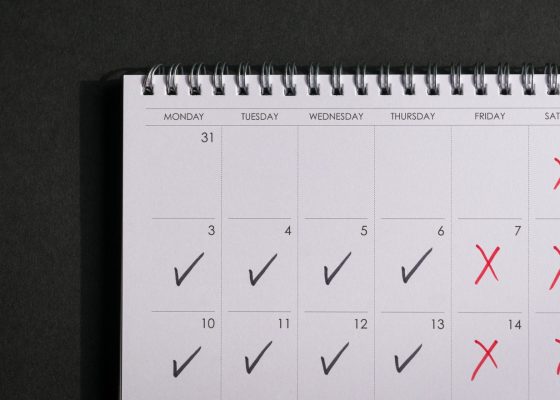A six-month trial of the model has resulted in employees who are happier, healthier and more efficient, said the insurance giant.
Medibank has announced it is doubling the number of employees taking part in its four-day work week experiment dubbed “The Gift”, after a six-month trial showed employees are happier, healthier and more efficient.
A further 250 Medibank employees will soon start experimenting with the model, taking the total number of participants in the trial to 500.
The program hasn’t made a dent in the private health insurance giant’s profits – as reported by Health Services Daily in August, Medibank had a 5% jump on its full-year group revenue, to $8.18 billion on its restated FY23 results. The company’s after-tax profits rose 59.9% to $492.5 million.
The four-day work week experiment is part of Medibank’s larger culture change program which seeks to challenge conventional workplace norms and increase flexibility for employees while maintaining performance and customer satisfaction.
It is based on the 100:80:100 model, whereby employees maintain 100% of their pay, reduce their working hours to 80%, and maintain 100% productivity.
The landmark experiment is one of the biggest of its kind in Australia and will continue to be independently monitored and evaluated by the Health and Wellbeing Research Unit of Macquarie University’s Business School.
Medibank Group lead – People, Spaces and Sustainability Kylie Bishop, said the trial has continued to deliver positive results.
“We’ve seen significant and sustained improvements in employee engagement, job satisfaction and the health and wellbeing of participants, while maintaining business performance and customer outcomes,” she said.
Key outcomes from the six-month trial showed:
- Productivity remained stable and perceptions of performance and behaviours improved. Compared to the start of the trial, participants are feeling more satisfied (+4.5%) and more engaged (+6.7%). Notable enhancements were observed in participant performance (+3.6%) and willingness to go above and beyond (+6.7%), as reported by people leaders.
- Less time spent on low value work. Teams have reduced time spent on unproductive and low value work (e.g. unnecessary meetings, double handling and duplication of reporting) and invested in more efficient processes (e.g. asynchronous work and communications, templates and purposeful workflows), creating capacity to access the gift day and maintain performance outcomes.
- Psychological wellbeing and work-life balance has improved. Improvements were noted across psychological detachment and people feeling like they can switch off from work (+10.4%), resilience (+9.2%) and work-to-family conflict (the juggle of family and work responsibilities) also significantly decreasing (-31.4%).
- Positive shifts in health and wellbeing. Sustained positive shifts towards healthier lifestyles were reported with decreases in frequency of unhealthy eating (-17.5%), sleep disturbances (-29.9%) and an increase in overall health (+16.3%).
- Increased feelings of confidence to challenge entrenched processes and behaviours. Team members felt more energised and responsible to challenge process gaps.
- Clearer focus on shared objectives. The shortened week prompted a concentrated effort on planning and clearer alignment and agreement on outcomes and how the work is performed.
Work is underway to determine which teams will join this next phase of the experiment. Medibank is working with Four Day Week Global and Macquarie University to identify which teams will be most suited for the model rollout.




